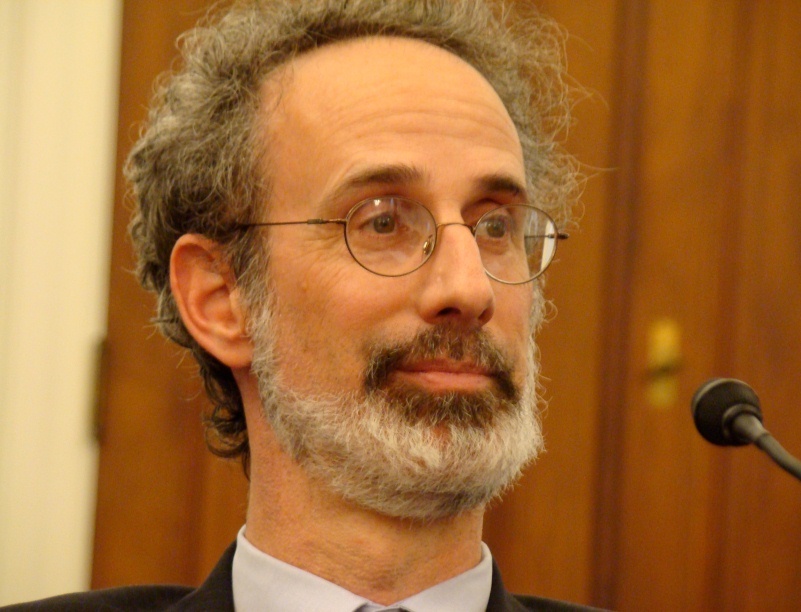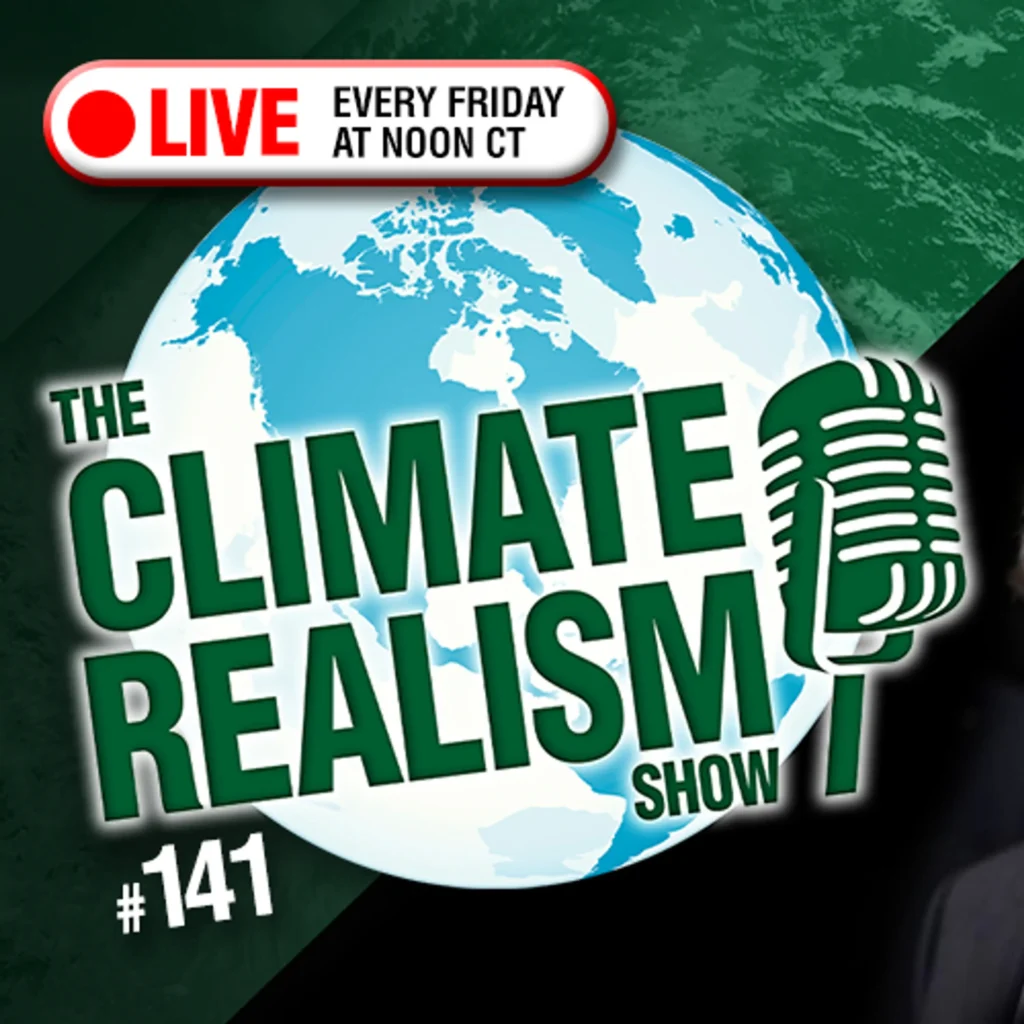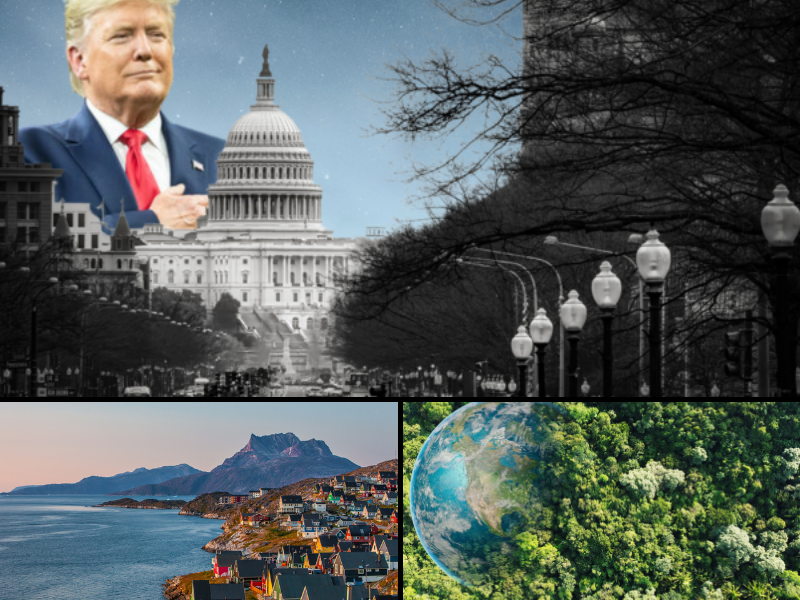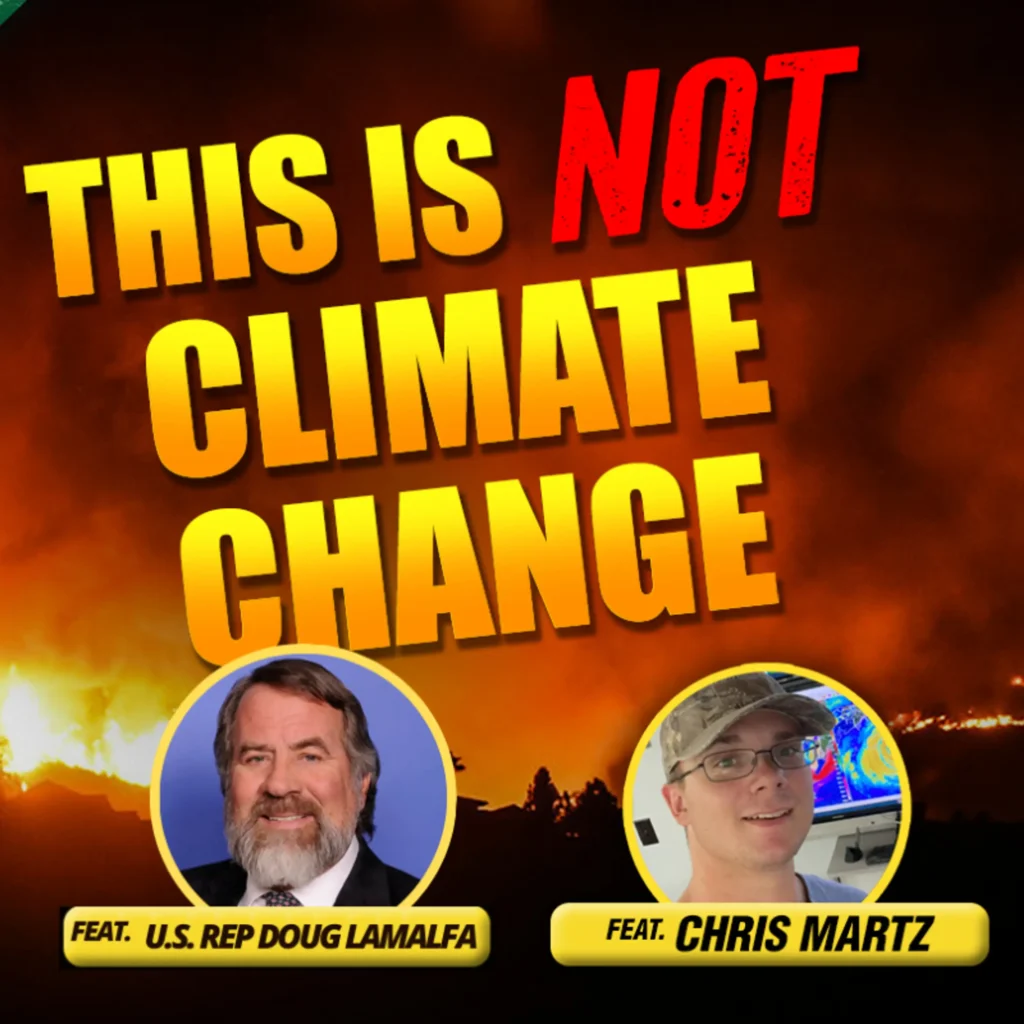Efforts to facilitate an open and honest discussion of global warming issues were dealt a serious blow as prominent scientist and global warming alarmist Peter Gleick confessed to assuming the identity of a Heartland Institute board member in order to steal the organization’s internal documents and send them to global warming activists and sympathetic members of the media.
Along with the stolen documents, Gleick sent a forged document about fictitious Heartland Institute programs designed to cast the organization as anti-science and a tool of special interests. The Heartland Institute publishes Environment & Climate News in addition to its numerous other public policy efforts.
Gleick’s Methodology
On Jan. 27, Gleick set up an email account designed to mimic that of a Heartland Institute board member. Gleick then sent an email from that account to a Heartland Institute staffer, in which Gleick explicitly claimed to be the Heartland Institute board member. Gleick asked the staffer to email him internal documents relating to a recent board meeting. Between January 27 and February 14, Gleick sent repeated emails to the Heartland staffer requesting more information, which the staffer obediently sent. The final document Gleick stole was a directory containing personal contact information for members of Heartland’s board of directors.
On Feb. 14, Gleick, under the cloak another false identity, this time claiming to be a “Heartland Insider,” sent those documents to sympathetic media and global warming activists. Gleick also sent a fake “2012 Climate Strategy” document that he falsely claimed to have received from The Heartland Institute.
The stolen documents revealed personal, confidential, and private information about Heartland Institute personnel, donors, and programs. However, none of the stolen documents contained anything embarrassing about Heartland Institute operations or programs. Apparently as a result of finding nothing scandalous in the stolen documents, Gleick sent out the fake “2012 Climate Strategy” document along with the stolen documents.
Fake Document’s False Assertions
The fake Climate Strategy document was written in a manner to induce readers to believe The Heartland Institute has launched unethical programs to stifle discussion of global warming science and related issues. Within minutes of Gleick sending out the stolen and fake documents, global warming alarmists and sympathetic media called special attention to two of the alleged programs in the fake Climate Strategy document.
One of the fictitious programs allegedly aimed to prevent teachers from teaching children science. The other allegedly aimed to prevent believers of a global warming crisis from having a public forum to express their views. The fake document listed one scientist by name as a focus of the Heartland Institute’s fictitious program to silence global warming activists; Peter Gleick.
Internet Sleuths Finger Gleick
Soon after the stolen and forged documents began appearing on the Internet, The Heartland Institute confirmed the Climate Strategy document was a fake. Internet sleuths immediately began suspecting Gleick as the author of the fake document. Gleick was the only alarmist scientist named as allegedly targeted for silencing in the fake document, though Gleick is not generally considered a “top-tier” apologist for global warming alarmism; the fake document used unusual words and phrases Gleick frequently uses; the writing style in the fake document was very distinctive and identical to Gleick’s writing style; digital fingerprints showed the fake document was created in the Pacific Time Zone, where Gleick works and lives; the fake document placed a curious emphasis on the impact of the Forbes.com Web site, where Gleick regularly blogged; and Gleick had frequently targeted The Heartland Institute in rants about the global warming debate.
As the evidence pointing to Gleick mounted and bloggers increasingly identified him as the most likely suspect, Gleick on Feb. 21 published a statement admitting to obtaining Heartland Institute documents under false pretenses. However, he did not admit to writing the fake Climate Strategy document that had led people to suspect he was the thief and forger.
Since releasing his statement, Gleick has retreated from public view and has refused to answer questions or discuss his actions. He did, however, hire a prominent attorney and a crisis control public relations expert.
Poisoning the Debate
In his confession letter, Gleick claimed he engaged in the misconduct because “a rational public debate is desperately needed” and there are coordinated efforts to “prevent this debate.” Ironically, on the very same day he started his series of acts of fraud and theft against The Heartland Institute, Gleick turned down Heartland’s invitation to publicly debate global warming and share his climate concerns at The Heartland Institute’s 2012 annual benefit dinner.
Scientists expressed disappointment that Gleick’s misconduct, regardless of his asserted intentions, further poisoned the global warming debate.
“What [Fakegate has] revealed is the intellectual dishonesty which exists on the government-funded side of the debate,” said Roy Spencer, Principal Research Scientist at the University of Alabama in Huntsville and U.S. Science Team Leader for the Advanced Microwave Scanning Radiometer flying on NASA’s Aqua Satellite.
“Scientists like me, Richard Lindzen, John Christy, et al., have always known about their biases against alternative hypotheses for recent warming, but it takes the other side getting caught red-handed for the public to become aware of their tactics. They claim to be upholding science, when in fact they are perverting science,” Spencer observed.
“The climate alarmists should be on the defensive about the Fakegate affair,” noted Howard Hayden, emeritus professor of physics at the University of Connecticut. “The Fakegate affair does not change the science in any way; it only speaks to the motives of some climate alarmists.”
Gleick’s misconduct “demonstrates the unjustified disdain these elitist scientists have for those who don’t agree 100 percent with their ‘settled science,'” said meteorologist Joe D’Aleo, executive director of the International Climate and Environmental Change Assessment Program.
“They wish to portray those of us who agree that climate change is real but that natural factors can account for past and current climate changes and extremes, as a small group of well-paid-for shills who attack open and honest scientific debate,” said D’Aleo. “They seem to avoid questions about their science and go immediately to either ad hominem attacks or claims that we are trying to make money destroying science.
“Nothing could be farther from the truth,” D’Aleo said. Like many others, I have labored for a nonprofit corporation to disseminate factual climate information.”
“Gleick’s misconduct shows that anti-science poisoning of debate is indeed occurring, but it is being perpetrated by those who attack the so-called skeptics,” D’Aleo explained.
James M. Taylor ([email protected]) is managing editor of Environment & Climate News.





